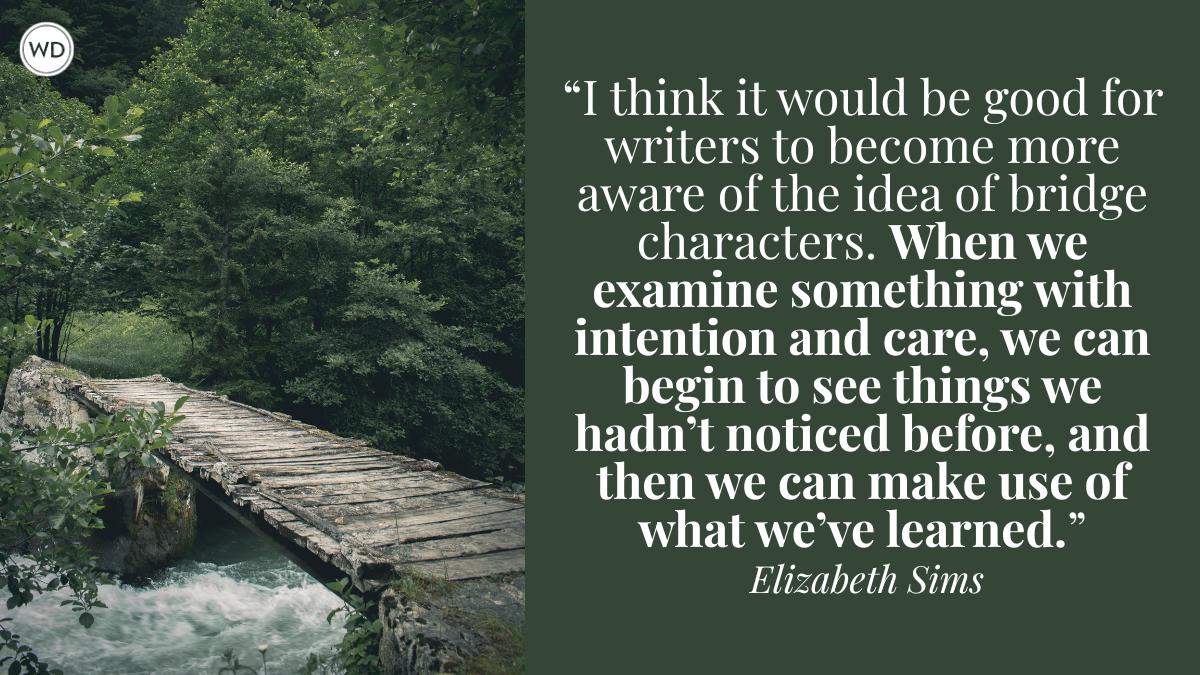The Perils of Putting Cops on Paper: 5 Tips for Getting It Right
Award-winning author Tracy Clark shares her top five tips for getting it right when writing about cops, even if you have no previous policing experience.
I’m not a cop, but I play one on paper. Well, not me specifically, but my characters, my book people, do. This created quite a challenge for me as a layperson with zero cop experience when I proposed writing a police procedural series set in my hometown of Chicago. A series that features Det. Harriet Foster and a team of hard-driving, jaded, world-weary homicide detectives who grouse and snark and barrel their way through 360-odd pages of Chitown grit, grime, stink, and bloody violence on their way to case resolution.
So, why did I choose to write about police knowing my first-hand knowledge of the profession was nonexistent? Good question, my friends. Answer? Why not? Seemed like a good idea at the time.
This hubris flies in the very face of that age-old writing advice to write what you know. To which I say, poppycock. You should write what you feel like writing. If you know what you’re writing about, you’re ahead of the game. If you don’t, then you roll those sleeves up and you get to work and learn what you don’t know. That’s good advice across the board.
But it’s a little sticky writing about police and policework. You need to get it right, or close to right. You want your cops to feel realistic and credible, effective, and true to the job, or as close to all those things as you can get them. What you don’t want to do is suck the very life out of them by bogging yourself down in departmental minutiae that would bore a reader (even cops) to tears. You’re not writing a manual on police procedure, you’re writing fiction. Fiction has to move. Characters have to live on the page.
Best place to start when writing cops, in my opinion, is at the beginning. You should know what real cops do, how they do it, and why. Once you have that foundational information, then you can play around a bit with character, adding layers, giving them baggage, flaws, struggles, the whole nine.
Knowledge first, then set your foundation, then you go after story.
If you get it right, and you hear about it, trust me, you’ll breathe a sigh of sweet relief, as I did when I got the thumbs-up from actual cops who’d read Hide, book one in my Det. Harriet Foster series, and thought I’d nailed it. Not just the character, the female cop in a department not set up for her, but also the pressures of the badge, the bureaucracy and the red tape and the conflicts and the drudgery and the tensions that go along with it. Nailing it feels good, trust me.
But if you get it wrong, and you hear about it, boy, you’re gonna wish you were dead. Nobody wants to be that writer. Nobody wants to be the one who could have gotten it right if they’d done the work, but instead thought they had it, only to turn out they didn’t. Don’t be that writer.
So, my advice, in a nutshell, do your best. Get it as close to right as you can get it and think character first … always.
Here are a few tips that help me write about my book cops so that they don’t come off too cartoonish, too strong, too perfect, too heroic, and too unbelievable. I think less Dirty Harry and more Smudgy Harry. Less savior, more city worker with a pension and a world-weary disposition. The book people behind the big shiny badge who have taken on a job most real people wouldn’t take on a bet.
So, without further ado, here are five tips for getting it right when writing about cops.
1. Do your homework.
If you’re writing about police work in a city that actually exists, learn as much as you can about the police department you’re writing about. How many districts or precincts does it have? How many sworn officers? How many divisions? Who’s the real-life superintendent or commissioner? How are resources deployed? Which neighborhoods are covered by what particular district or precinct? That’s basic.
Then branch out. Got a police scanner? You might want to get hold of one. Listen to a few hundred police calls and see what kinds of calls police respond to on a typical Saturday night. It’ll curl your hair. If you’re writing small town cops, there will be less territory to cover, but your task will be the same. You want to find out what cops do and how they do it.
Take a course. Sign up for tours through your local police academy. Research as much as you can about police procedure and training in the city or town you’re writing about. Check out the police blotter. Most departments have websites, visit them. See how the department runs.
2. Find a cop, ask a cop.
You’ve got the stats and data, but characters don’t live in the numbers, do they? You’re going to want to talk to real police officers, real detectives. Find them. If you don’t know any, find somebody you know who knows some and see if you can get an introduction.
Take a cop to breakfast. Buy a cop a cup of coffee. Ask them about their job and why they chose it. Find out how it really is down in the trenches, on the street, for the working cop. Listen to the cop stories. They have tons of them. Be respectful and appreciative of their time. Say thank you.
Check out Tracy Clark's Fall here:
(WD uses affiliate links)
3. Dig deeper into character.
You’ve learned what a cop does and, hopefully, a little bit about why they do what they do. Now go deeper. The badge and gun come off at the end of shift. There are people under that bullet-proof vest. Who are they?
This is where you dig for all of that good character material. This is where you flesh out your book cop so that he or she is imbued with some of the characteristics of the cops you had the honor of talking to. You’ve heard the cop stories. There’s a pattern to them.
It’s a difficult profession, thankless, most of the time. All of this messiness, this tension, this complexity needs to go into your characters. There has to be a beating heart under all that Kevlar. If there isn’t, you’re going to have to explain why.
4. The world that surrounds the cop.
Cops don’t exist in a vacuum. Small town or big city, they work for somebody. Big city cops often serve volatile communities. They are seen as heroes in some neighborhoods and oppressors in others. This societal maelstrom, this constant push and pull needs to be reflected in your characters, in the lives they lead.
If you’re writing small town, there might be less of this, but there should still be pressures applied. Your cop should not have an easy time of it. Ever.
5. To shoot or not to shoot.
Make a decision about the guns. This is an important point. You don’t want to glorify guns, but you do need to be realistic.
Did you know most cops go their entire careers without firing their guns out on the street? In fact, nationwide, according to studies, only about a quarter of all sworn officers have ever had to draw their service weapons in the line of duty. I tread lightly here, as a result.
My cops use their weapons sparingly as protection for themselves and others, not as a lethal tool to terrorize. My cops think about the power they wield and its consequences, as most real cops do. You will have to decide where you fall on this issue.
These tips, I think, will get you started. There’s more you will learn as you really drill down on writing your own cops. The bottom line is simple. Do the research. Ask if you don’t know. Then go beyond the surface and do your best to craft the most realistic, most complex, most engaging book cops you can.
Tracy Clark is the author of HIDE: Detective Harriet Foster, Book 1 (January 1, 2023; Thomas & Mercer)—as well as four novels in the Cassandra Raines series. She is the 2022 and 2019 winner of the Sue Grafton Memorial Award, an Anthony and Lefty Award finalist, and her books have earned starred reviews and been shortlisted for the American Library Association's RUSA Reading List, named a CrimeReads Best New PI Book of 2018, a Midwest Connections Pick, and a Library Journal Best Books of the Year selection. She is a board member-at-large of Sisters in Crime, Chicagoland, a member of International Thriller Writers, and a Mystery Writers of America Midwest board member. You can visit Tracy online at tracyclarkbooks.com.









